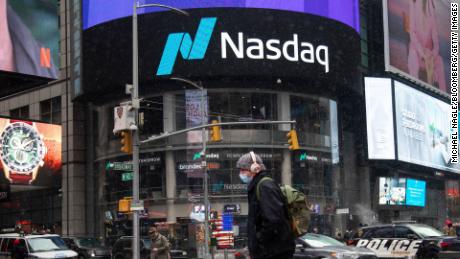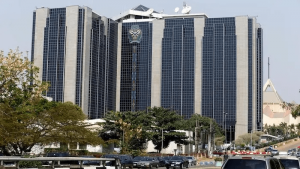The US accuses Tencent and Alibaba of letting sellers traffic fake goods

In an announcement on Thursday, the Office of the United States Trade Representative (USTR) said that it had designated for the first time AliExpress, an online marketplace run by Alibaba, and WeChat, Tencent’s ubiquitous mobile app, as “markets that reportedly facilitate substantial trademark counterfeiting.”The annual list includes 77 entities that are alleged to be engaged in “counterfeiting or copyright piracy,” spanning over a dozen countries. But in its Baidu Wangpan, a cloud storage service owned by Chinese search giant Baidu (In its 56-page report, the USTR claimed that “China continues to be the number one source of counterfeit products in the world.””Counterfeit and pirated goods from China, together with [transferred] goods from China to Hong Kong, accounted for 83% of the value” of such items seized by US customs and border agents in 2020, according to the trade agency.The Chinese Ministry of Commerce did not immediately respond to a request for comment.But at a press briefing on Friday, the Chinese Foreign Ministry hit back at Washington.”China has always attached great importance to [intellectual property] protection and its achievements in recent years are there for all to see,” said Wang Wenbin, a ministry spokesperson, adding that the country had been steadily increasing the number of patents it issued to US entities.”The rapid growth of foreign patents in China shows that foreign enterprises have firm confidence in China’s patent protection and business environment,” he told reporters.”We urge the US side to stop politicizing economic and trade issues.””The global trade in counterfeit and pirated goods undermines critical US innovation and creativity and harms American workers,” USTR Ambassador Katherine Tai said in a statement on Thursday. “This illicit trade also increases the vulnerability of workers involved in the manufacturing of counterfeit goods to exploitative labor practices, and the counterfeit goods can pose significant risks to the health and safety of consumers and workers around the world.”— CNN’s Beijing bureau contributed to this report.





